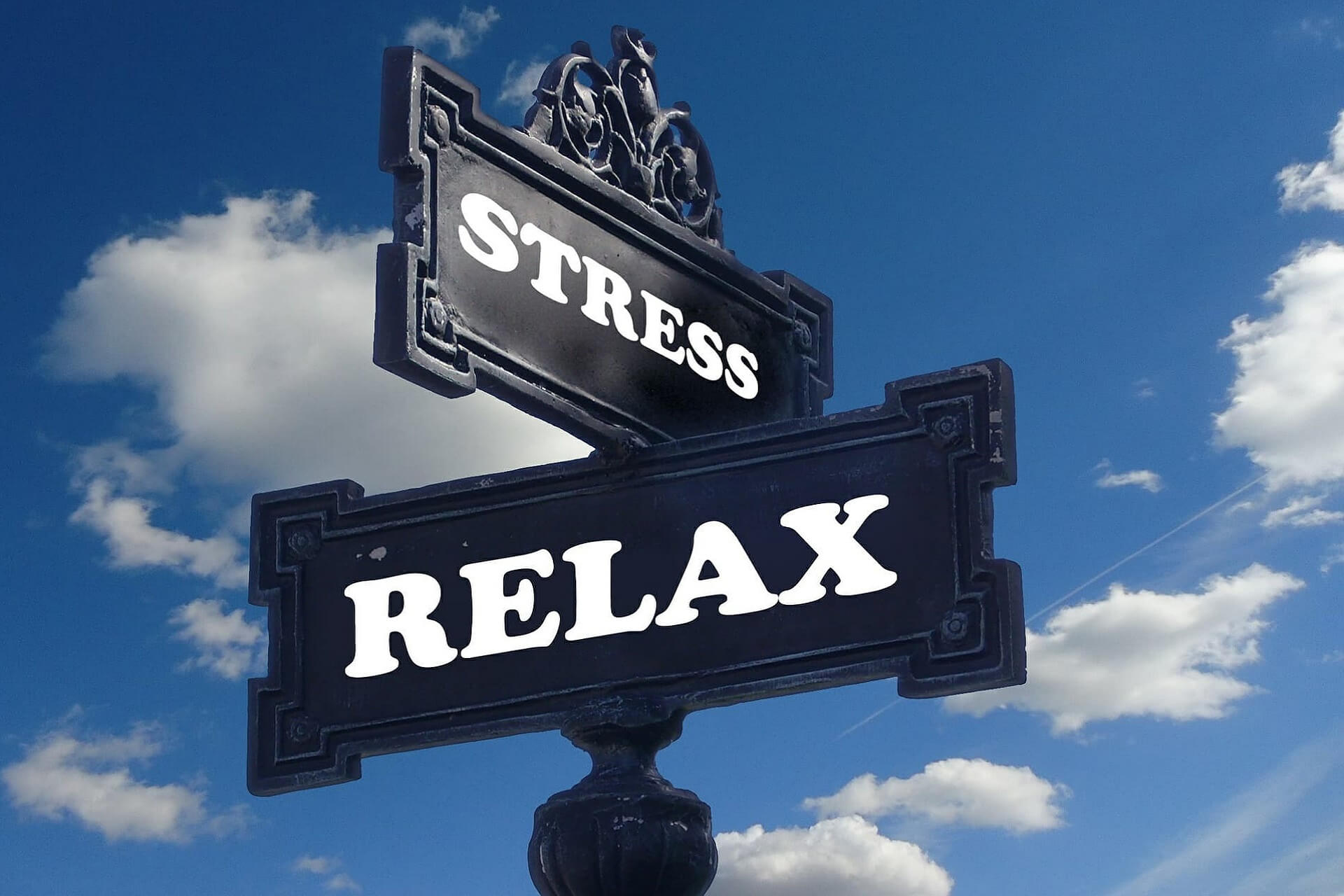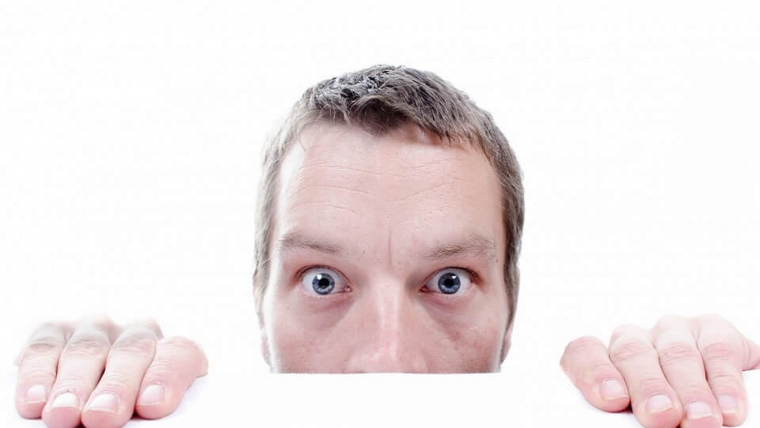How Chronic Stress and Anxiety are the Root Cause of Mental Illnesses
At Sydney City Hypnotherapy I see hundreds of clients each year. What I have noticed in the vast majority of cases is an underlying anxiety or chronic stress.
Time and time again stress and anxiety are driving habits and addictions. For example I’m yet to meet a nail biter who isn’t generally an anxious person or smoker who smokes to relieve stress.
So what is anxiety?
Anxiety is a word that describes a general feeling of unease and the range of anxiety issues is huge.
At the lower end of the scale it might be a little nervousness about an upcoming presentation or exam.
At the higher end of the scale it could be hyper-vigilance due to some previous traumatic event (commonly called PTSD)
In all cases the client has a one or many physical manifestations in the form of raised heart rate, sweating hands, shallow breathing, tightness in the chest, tingling in the arms and a sense of muddled unclear thinking.
At the psychological level there are what are termed “cognitive errors” in both the thinking process, self talk or verbalisations.
Anxious clients tend to catastrophise in that they predict the worst case scenarios in situations and then worry about that happening.
Thinking is all or nothing, black and white.
They identify themselves with the anxiety and say things like “I have had MY anxiety for as long as I can remember”
In all cases of anxiety, from a little nervousness to full blown PTSD, I teach a number of physical tools to control and turn off the anxiety. Techniques such as 7/11 breathing work fantastically.
Cognitive therapy inside and outside of trance is taught so the client can begin to catch their faulty thinking and challenge it with more useful thinking.
Stress is a little different, with stress we are dealing with a reaction within the client to some external trigger.
This could be workload, a partners behaviour or a recent major life event etc.
Clients are taught that the reaction they are developing within themselves is unhealthy, unproductive and is developed from a failed expectation being met.
The stressed client is taught ways to channel the stress into taking appropriate action or considering what a more healthy and useful alternative response could be.
Rather than seeking “relaxation” in an unhealthy habit such as smoking or drinking perhaps the client could just work off that feeling in the gym or by taking a good long walk?
Food for thought?




